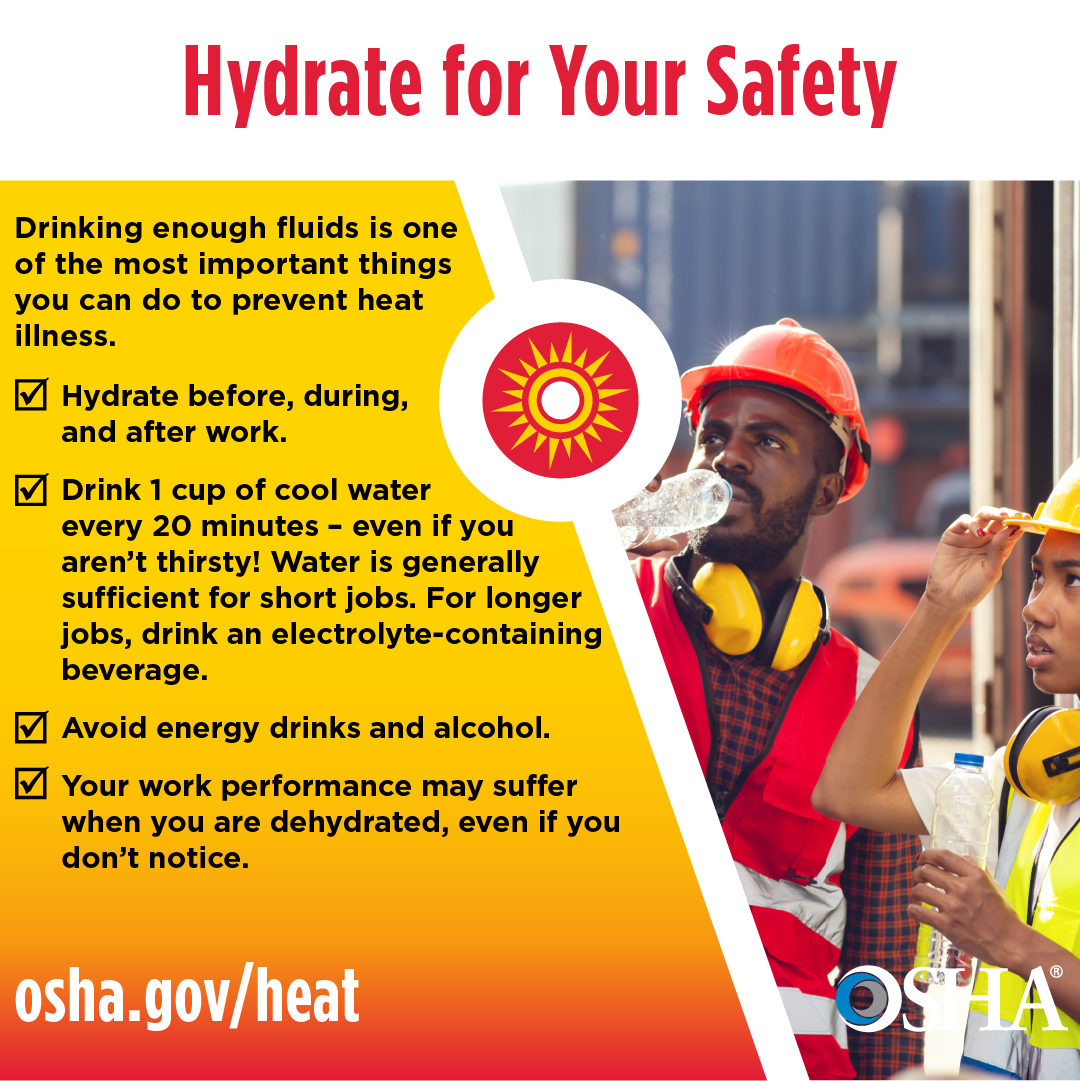Heat Waves put New York construction workers at risk of injury and deadly accidents and OSHA still doesn’t have national heat standards implemented
 Two years ago, on July 7 2020 in Geneseo, NY, Tim Barber, a 35 year old construction worker died from heat stress on his second day at work. The young man had just been hired as a construction laborer on the Genesee River bridge project in Geneseo, NY. Tim was living with his parents and came back home on the first day not feeling well. On the second day before he headed back to work, his father told him to eat his lunch, take breaks and drink water. Several hours later, in mid-afternoon, their son died from hyperthermia.
Two years ago, on July 7 2020 in Geneseo, NY, Tim Barber, a 35 year old construction worker died from heat stress on his second day at work. The young man had just been hired as a construction laborer on the Genesee River bridge project in Geneseo, NY. Tim was living with his parents and came back home on the first day not feeling well. On the second day before he headed back to work, his father told him to eat his lunch, take breaks and drink water. Several hours later, in mid-afternoon, their son died from hyperthermia.
According to the investigation, Tim was working alone in a summer heat that was around 95 degrees. He was sorting bolts which is considered a light duty, however his body was not accustomed to the heat. The accident could have been prevented and the employer, Pavilion Drainage Supply, Inc. was cited by OSHA for not training and protecting their employees against extreme heat. His parents are now advocating for better workers education and protection for extreme heat.
Tim’s parents are not the only one campaigning for better workers protection against heat illness and fatality. New York Attorney General Laetitia James is at the head of a coalition of six States that are asking OSHA to implement a national standard to protect not only construction workers but all workers, outdoor and indoor, that are exposed to extreme heat during their work.
Annual campaigns, such as the picture on the left, are not enough and employers must be held responsible if they do not educate or protect their workers adequately. As climate is changing and extreme heat events are more and more common, enforceable national occupational standards are a necessity to protect workers from the consequences of rising heat in the workplace.
Exposure to extreme heat can lead to heat exhaustion that can sometimes be fatal. Repeated exposure to heat can also result in chronic kidney disease, and aggravate pre-existing conditions such as cardio vascular illnesses and respiratory conditions. Mental health can also be affected by extreme heat exposure.
 New York Personal Injury Attorneys Blog
New York Personal Injury Attorneys Blog


